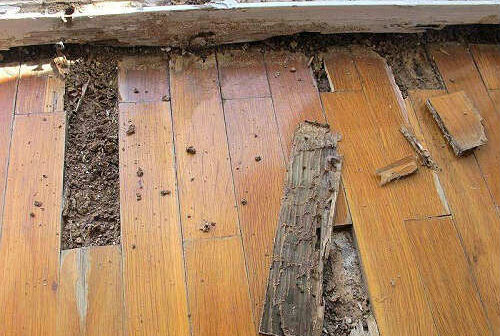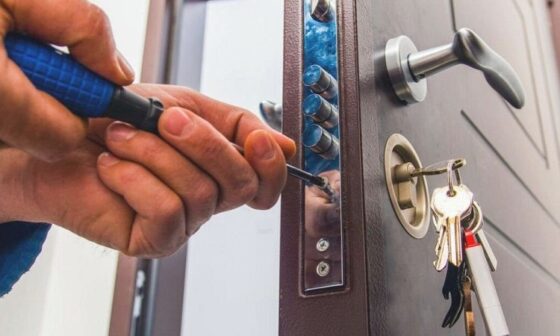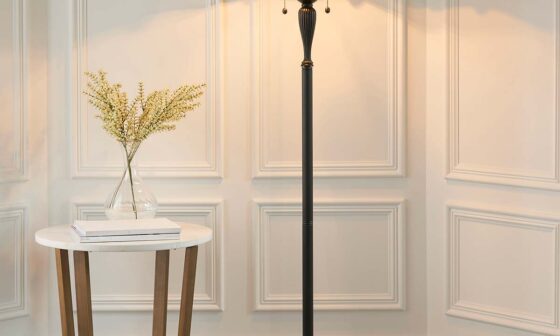If you own a property that is not your primary residence, you may be subject to additional council tax charges. This is because second homes are often seen as luxury items, and as such, the government has implemented policies to discourage people from owning more than one property.
What is Council Tax for Second Homes?
Council tax is a local tax that is levied on properties in the UK. It is used to pay for local services such as waste collection, street cleaning, and road maintenance. If you own a property in the UK, you are required to pay council tax on it.
However, if you own a second home, you may be required to pay additional council tax charges.
This is because second homes are considered a luxury item, and the government wants to discourage people from owning more than one property.
What is Classed as a Second Home for Council Tax?
Essentially, any property that is not your primary residence can be classified as a second home.
This means that it could be a property that you own solely for the purpose of using it as a holiday home, a property that you rent out to others, or even a property that you leave empty for the majority of the year.
It is important to note that council tax on second homes is typically charged in addition to council tax on your primary residence, and the amount of council tax you will have to pay on your second home will depend on a variety of factors.
One of the primary factors that will be taken into account is the value of the property. Council tax bands are used to determine how much council tax you will have to pay, and these bands are based on the value of the property.
The higher the value of the property, the higher the council tax band, and the more you will be required to pay.
Another important factor to consider is the location of the property. Different areas of the UK have different council tax bandings, and the specific band that your property falls into will depend on its location. It is also worth noting that some areas may have additional charges or premiums for second homes.
For example, some local councils may impose a second home premium, which is an additional charge on top of the standard council tax charge. This premium can range from 50% to 100% of the normal council tax charge, depending on the specific council and location.
It is also worth mentioning that if you rent out your second home as a holiday rental, you will be subject to business rates instead of council tax. Business rates are a tax on non-domestic properties that are used for commercial purposes.
This means that if you are generating income from your second home by renting it out on a short-term basis, you will be required to pay business rates instead of council tax.
Exemptions and Discounts for Second Home Council Tax
-
Unoccupied Property Exemption: If your second home is unoccupied and requires major repairs or renovations, you may be able to apply for an exemption from council tax.
This exemption can last for up to 12 months, after which you will be required to start paying council tax.
-
Furnished Second Homes Discount: If your second home is furnished but no one is living there, you may be eligible for a 50% discount on your council tax bill.
This discount is available for up to 6 months, after which you will be required to start paying the full council tax amount.
-
Long-Term Unoccupied Property Exemption: If your second home is unoccupied for a long period of time, you may be eligible for an exemption from council tax.
This exemption is usually granted for properties that have been unoccupied for more than 2 years due to reasons such as illness, job relocation, or probate. However, you will need to provide evidence to support your claim.
-
Annexes and Granny Flats: If your second home has an annexe or a granny flat that is occupied by a relative, you may be eligible for a 50% discount on your council tax bill. However, the relative must be over 65 years old, disabled, or a dependent relative.
-
Agricultural Land: If your second home is located on agricultural land, you may be eligible for a council tax reduction. This reduction is available if the property is used for agricultural purposes, such as farming or breeding livestock. The property must meet certain criteria to be eligible for this reduction.
To conclude
- A second home is any property that is not your primary residence.
- This can include holiday homes, rental properties, empty properties, static caravans, and houseboats.
- If you own a second home, you will be required to pay council tax on it.
- If you rent out your second home as a holiday rental, you will be subject to business rates instead of council tax.
- There are certain circumstances where you may be eligible for an exemption or a discount on your council tax bill for your second home, such as unoccupied property exemption, furnished second homes discount, long-term unoccupied property exemption, annexes and granny flats, and agricultural land reduction.



